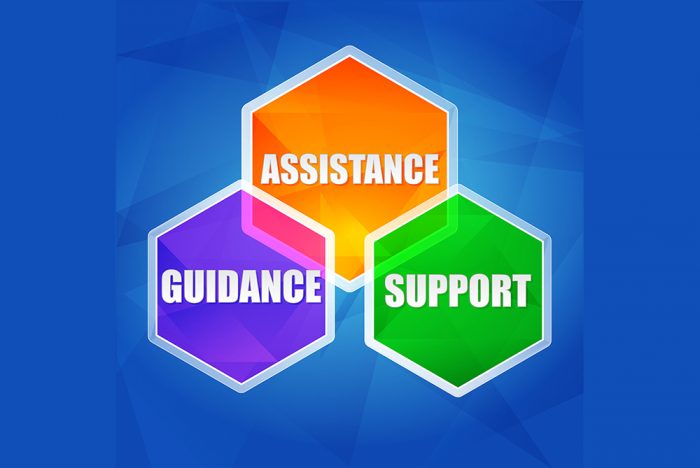PDE and DHS are offering the following policy clarification on the Head Start/Early Head Start vaccination mandate:
PDE and DHS are cognizant of the staffing challenges that many providers are facing. Providers are thus encouraged to work creatively to ensure that children continue to receive a free and appropriate public education during these trying times. In this regard, providers should examine whether unvaccinated individuals may continue to provide services in accordance with an allowable exemption, and, where appropriate, consider whether parental agreement to alternative delivery of services may be prudent.
OCDEL has clarified that this is to include all individuals working with Head Start enrolled children and families, including early intervention and behavioral health. OCDEL further requests that agencies work with Head Start partners to address this requirement and asks for support considerations, including; encouraging staff and contractors to become fully vaccinated; working to identify fully vaccinated EI personnel to support children in Head Start; when possible, working to provide written assurance to Head Start partners to only send fully vaccinated staff and contractors to go into classrooms; and exploring technological solutions to help support children within their Head Start classroom activities and routines.
The United States Department of Health and Human Services (HHS) has implemented an Interim Final Rule (IFR) requiring all staff who work with Head Start/Early Head Start (Head Start) children and families in any capacity to be vaccinated. According to HHS guidance, this includes those individuals who do not have any contact with children. The IFR also requires contractors whose activities involve contact with or providing direct services to Head Start children and families and volunteers in classrooms or working directly with Head Start children and families be vaccinated. The IFR is now understood to apply to all individuals working with Head Start children and families, including but not limited to services provided by Preschool Early Intervention, 0-3 Early Intervention, and behavioral health specialists in Head Start programs, including those provided pursuant to a memorandum of understanding or other agreement by which Head Start programs provide for or permit the provision of such services.
The Federal Office of Head Start (OHS) is responsible for ensuring compliance with the IFR through their identified monitoring processes. PDE or DHS is not responsible for monitoring programs for compliance with this mandate.
Head Start IFR and guidance do allow for exemptions for individuals who are not vaccinated. In the event individuals meet this exemption, OHS has issued guidance regarding circumstances in which unvaccinated individuals may be able to continue to work with Head Start children and their families.


















